
When somebody suggested I do a Food Evolution review, I thought “oh no, not another shockumentary.”
The modern documentary is problematic. It’s too powerful. Given the chance to invade people’s brain with emotionally driven images, one-sided arguments, and compelling music for 1-2 hours straight, filmmakers can convince rational people of irrational things.
Combine that with some fear, and the emotional power it can have over us, and you get the very dangerous genre I call a shockumentary. These are far too common in the health world.
Films like What the Health and Cowspiracy use misinformation to scare people into eating a certain way. Or in many cases it just scares them into THINKING they should be eating a certain way, causing them to feel guilt about the fact that they don’t really change their habits, and that guilt contributes to further eating problems.
Suffice it to say, I hate shockumentaries. My dislike for them has also caused me to be suspicious of just about any documentary.
Is Food Evolution a Shockumentary?
Thankfully, this documentary does not rely on scare tactics to make its points. Like most documentaries, it IS one-sided in its presentation, but in this case I happen to agree nearly 100% with the viewpoint of the filmmakers. So…. is it hypocritical of me to not be upset about it?
I’ll let you decide.
I will say that this film drove some points home for me, exposed me to some arguments I wasn’t aware of beforehand, and also drove me to despair. I’ll get to that.
First, let’s talk about the important points I took away from this film.
Food Evolution is a documentary that looks at the food industry and the big debate over genetically modified organisms (GMOs) vs organic farming.
The common goals of the GMO and anti-GMO movements
Prior to watching Food Evolution for this review, I hadn’t realized how similar the two sides of this debate are. Those who are the most against GMOs and those who are most in favour of them… seem like polar opposites!
They actually have a lot in common. They all want the same thing!
Both sides want:
- safe, abundant, nutritious food for all
- fewer toxic chemicals used on farms around the world
- a more sustainable food system
Food Evolution does a great job demonstrating that we simply disagree on the means by which to reach those goals.
who can we trust?
The biggest disagreement comes down to trust. Who will we trust? As we struggle to figure out which way is best, which methods will have the greater impact on the good of the health of people and the planet, this choice will determine our path.
“TRUST is the central issue when it comes to America’s relationship with food” – Nathanael Johnson, Food Journalist from Grist Magazine (as quoted in Food Evolution)
There is a fundamental disagreement on whether or not we can trust science. Food Evolution features many people on both sides of the debate, but those in favour of using genetic engineering are the ones who are in relevant scientific fields. They’ve been studying these issues at a professional, scientific level (although you can find some exceptions in any scientific debate).
Those who are against using genetic engineering are those who display a distrust for science, and instead trust their peers, their feelings, and their fears.
“Frankly, I trust the social media, like blogs, like Vani Hari’s or other moms who just do a post… I trust what they say more than most medical doctors, more than the CEC, more than the FDA, more than the USDA, more than EPA, that’s real. I don’t need a scientific study for that. I don’t need a doctor to tell me that.” – Zen Honeycutt from Moms Across America (as quoted in Food Evolution)
Or, they have a weak understanding of what science is, but with an inflated view of their own understanding. One moment stands out, when a speaker asks this question:
“How many scientists are in the audience today?”
Two hands go up.
“…with degrees?”
One hand goes down.
science is the underdog
In Food Evolution we see the uphill battle science needs to fight in the public arena.
We see scenes from a public consultation, when Hawaii county council considers a bill to ban genetically modified crops. They give plenty of floor time to a convincing speech of doom and gloom from anti-GMO activist Jeffrey Smith. But a scientist – a man who developed the genetic engineering that saved the island’s papaya industry from being wiped out by disease – is barely listened to.
What struck me at this point of the documentary is the PR challenge faced by scientists who have dedicated their careers to helping people who rely on these food industries. There’s no question that the GMO work they have done has significantly helped this island, but instead of getting credit, they come under attack.
Their biggest challenge is that in these debates they speak a different language from the people they need to convince. The arguments of scientists are by their nature going to rely on the language of science, but they are speaking to people who don’t necessarily trust science. They’re speaking to people who are reacting to the language of fear.
Fear is one of the biggest motivators around. It sticks in our brains, and can cloud all reasonable arguments that should sway us against it. Anybody who roots their arguments in the language of fear automatically has the upper hand.
science stages a comeback
The momentum in the documentary seems to shift at a debate shown from 2014, held by Intelligence Squared US. The pro-GMO defendants are well-versed and present their evidence soundly. They win the debate by a landslide (60%) and have changed the opinion of 28% of people who had been on the fence before the debate began.
Science: 1 Irrational fears: 0
Bill Nye The Science Guy was in the audience at this debate. He had previously spoken out against genetic engineering, basing his fear on the question of environmental impact. But the speakers gave him cause to look deeper at the evidence. In 2015 he announced that he had revised his stance and was now in favour of the technology. As The Washington Post put it, [here’s the] “proof he’s the science guy, Bill Nye is changing his mind about GMOs.”
Science: 2 Irrational fears: 0
Check out the entire debate here.
what are the concerns?
Since documentaries are abnormally powerful as persuasion tools, it’s important that a Food Evolution review examines the facts it presents about organic vs. GMO products.
These are the concerns that I hear most often about non-organic food:
- pesticide use
- environmental sustainability
In short, people feel as though organic food is better for the health of their family and the environment.
do organic farming practices actually address these concerns?
The short answer to this question is no.
Not really.
Because, unbeknownst to most people…
organic farming still uses pesticides, just from an approved list…
Organic farming is regulated by the USDA, which says, “The basic rule for organic agriculture is to allow natural substances and prohibit synthetic.” So while most people think of organic food as pesticide free, it’s important to note that organic farming still uses pesticides, they are only pesticides made from natural substances.
…except for the exceptions
For whatever reason, there are exceptions to this basic rule of only allowing natural substances:
- If a substance can’t be sourced on a large enough scale for organic farming, a synthetic version may be permitted.
- Some synthetic products are still used, such as pheromones, which confuse insects, and antibiotics, which are needed for the wellbeing of the animals.
in fact, organic farming often uses MORE pesticides
As Jeff Gillman, a plant professor from the University of Minnesota puts it: “To control fire blight on the same acre of land I could use a tiny amount of a potent synthetic that has proved safe over the last 50 years, or a much larger amount of an organic pesticide.”
environmental? organic farming may produce more greenhouse gases
Many conventional farmers are converting to no-till production methods to control weeds. In the past, farmers usually tilled (turning over top soil) to disrupt the weeds’ root systems. While this is effective, it takes several tractor passes across the field, in both spring and fall, for it to work. In a no-till system, the farmers keep the stubble of the crop intact. In spring the farmer will simply plant the new seeds in between the rows of stubble. This method doesn’t control for weeds so the farmer does need to apply an herbicide. However, the tradeoffs are huge:
- Soil quality is maintained. Did you know it takes over 10 000 years to produce good soil? The future of the world’s food supply depends on quality agricultural soil.
- The soil retains water better, so there is less chemical runoff and less irrigation needed.
- It supports the biodiversity of helpful organisms that improve crops, such as worms and fungi.
Since the no-till method requires herbicides, organic farmers continue tilling, which is actually a less sustainable method.
organic farming is less sustainable on a large scale
Not only that, organic farming is not sustainable for large scale production. At one point the documentary claimed that if the world converted to organic, “we would see all our rainforest destroyed. We would need to double or even triple the amount of land area that’s cultivated in order to feed our current population, much less a future population of 9 billion.”
I couldn’t completely verify the specifics of this claim, but there’s no question that organic farming requires significantly more land to produce the same amount of food, and using more land for farming would result in deforestation.
On the other hand, a 2017 study published in the Nature journal showed that organic farming could feed the world… with certain caveats. We would have to cut our food waste in half, and completely eliminate all the competing feed sources for livestock. While we definitely should reduce food waste and eat less meat, these extreme shifts in behaviour are not likely feasible on a worldwide scale.
“When you’re looking out there at people who are pushing for GMOs and against GMOs, there are real marketers on both sides. What’s interesting is that you can get past those people, you know. There are scientists whose incentive is to be impartial and weigh the evidence and to figure out real solutions and not to push an agenda.” – Nathanael Johnson (as quoted in Food Evolution)
There’s that tricky business of trusting science again.
the organic effect on what people eat
As a dietitian, this quote from the documentary really resonated with me.
“We know it’s important to eat whole foods, to eat lots of fruits and vegetables and whole grains. We don’t know that you’re going to be healthier if those products are organic. So please buy fruits and vegetables and whole grains… and don’t worry whether they’re organically produced or not organically produced.”
GMO scaremongering has a disproportionate effect on the poor, whether it’s the poor segments of developed nations or the vastly poorer countries of the world. I worry about families who are already struggling to pay for healthy foods. Do they find it even harder to afford vegetables because they think they need to buy only GMO-free foods. To only buy organic? Do they eat less veggies as a result?
“It’s much easier to scare people than it is to reassure them, and the misinformation originates in the rich world and is damaging the interests of the poor world.”
Any difficulty we have at feeding the world’s growing population will also disproportionally affect the poor. Food scarcity drives up prices, which makes it harder for the poor to eat, and/or makes it harder for them to eat healthy.
do GMOs harm the health of humans or the earth?
Earlier I stated that people tend to choose organic food because they believe it’s better for the health of their family and the environment. So far, the evidence shows that organic doesn’t actually help us any better than conventional farming on those factors.
But let’s take it a step further and look at GMOs. Could they be causing harm to the health of humans or the earth?
The documentary argues that:
“After 30 years of testing every GMO product currently on the market, based on the results of nearly 2000 experiments, the foremost institutions around the world have concluded “all criticism against GMOs can be largely rejected on strictly scientific criteria.”
and
“to date, no adverse health effects have been documented.”
I checked these statements against established authorities in public health, which have qualified people checking all of the scientific literature on these topics to arrive at their recommendations.
The World Health Organization states:
“GM foods currently available on the international market have passed safety assessments and are not likely to present risks for human health. In addition, no effects on human health have been shown as a result of the consumption of such foods by the general population in the countries where they have been approved. “
Health Canada states:
“Health Canada is not aware of any published scientific evidence demonstrating that novel foods are any less safe than traditional foods.”
Since genetic engineering is a broad umbrella term used for any genetic manipulation of plants, animals, or microorganisms, it’s important to assess the safety of each new organism on a case by case basis. This is being done, across the board.
It’s just like medicinal drugs. Each new drug needs to be assessed for safety before it is approved. You obviously shouldn’t allow all drugs on the market just because some drugs have been approved. Each one is tested individually.
It’s the same with each GMO food that is released.
is there anything missing from this food evolution review?
I haven’t covered every possible angle in this review, and that’s a purposeful choice. The topic of GMOs is huge, and divisive. Most of my readers are here to learn about how to eat healthy, so that’s my focus. and on that topic the science is pretty clear. GMOs are safe.
However, as I’ve said, documentaries are obnoxiously powerful tools that can be used as propaganda, and that’s certainly a criticism that’s been levelled in other reviews of Food Evolution.
the weedy issue of glyphosate
One thing the film fails to mention is that the World Health Organization (WHO) has stated that there is “sufficient evidence” glyphosate causes cancer in animals and “limited evidence” it can do so in humans. Glyphosate is otherwise known as Round Up and is a common herbicide used with GMO crops.
This means the WHO has labelled glyphosate as a “possible carcinogen.” Keep in mind that red meat is also labelled as a possible carcinogen by the WHO under the same classifications. Coffee had also been on that list until 2016 when new evidence showed otherwise. Processed meat goes on an even more severe list. The word ‘possible’ is dropped and it gets straight up labelled as a carcinogen.
But nonetheless, this was very controversial. There’s evidence that the WHO omitted and ignored evidence that spoke to the safety of glyphosate. The WHO later clarified that glyphosate is unlikely to pose a risk to humans through our food. I can personally see why the filmmakers left this whole controversy out, but others see it as evidence that the film is industry propaganda.
other issues with GMOs
As in any film, the filmmakers have to be elective about what they edit in, and edit out. One academic from the documentary who was shown saying she’s not aware of any safety issues with GMOs later disavowed the film and said she was quoted out of context. She’s not as concerned about food safety as she is about other issues that the film didn’t cover, such as monoculture, weed resistance, and the effects of industrial agriculture on the environment and climate change.
While those topics are undoubtedly important from a food policy perspective, the viewing public are primarily concerned with their food safety. If you’re interested in reading more widely on this, and other criticisms of this documentary, check out this great Food Evolution review or this critique.
So let’s once again emphasize that according to all available evidence, GMO foods are safe for us to eat!
So do you trust the science that studies these foods and declares them safe?
If not, why not? Do you trust the science that made possible the many pieces of amazing technology you’ll use today?
Let me know in the comments or on Facebook. I’d love to hear from you!
… oh yeah, the despair…
If you’ve been wondering what drove me to despair about this film, it’s this fundamental question about how I can clearly communicate on these complex topics, and help people realize the importance of science when it comes to our health. Where there are misunderstandings and distrust about how science works, it makes it that much harder for the public to decide on the healthiest choice.
Disclosure: In Fall 2017 I participated in a farm tour sponsored by the Manitoba Canola Growers. During this tour I had the opportunity to learn from soil scientists, apiarists, and farmers of both livestock and crop farmers.
I was inspired by the farmers I met who told me their personal stories, of how GMO seeds saved their farms. Many people worry that big GMO companies (like Monsanto) are taking advantage of farmers, but the farmers I spoke to felt the opposite.
[share title=”Share This Article” facebook=”true” twitter=”true” google_plus=”true” linkedin=”true” pinterest=”true” reddit=”true” email=”true”]
[cp_info_bar display=”inline” id=”cp_id_4508c”][/cp_info_bar]

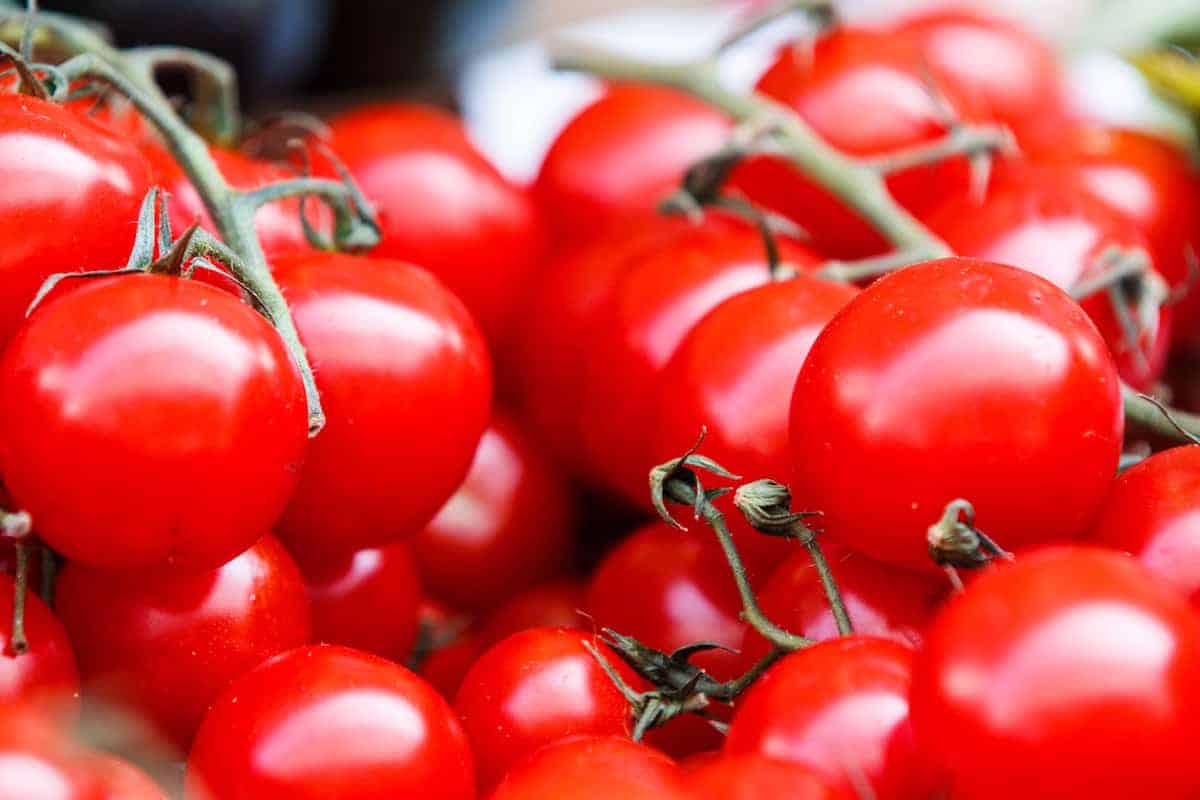

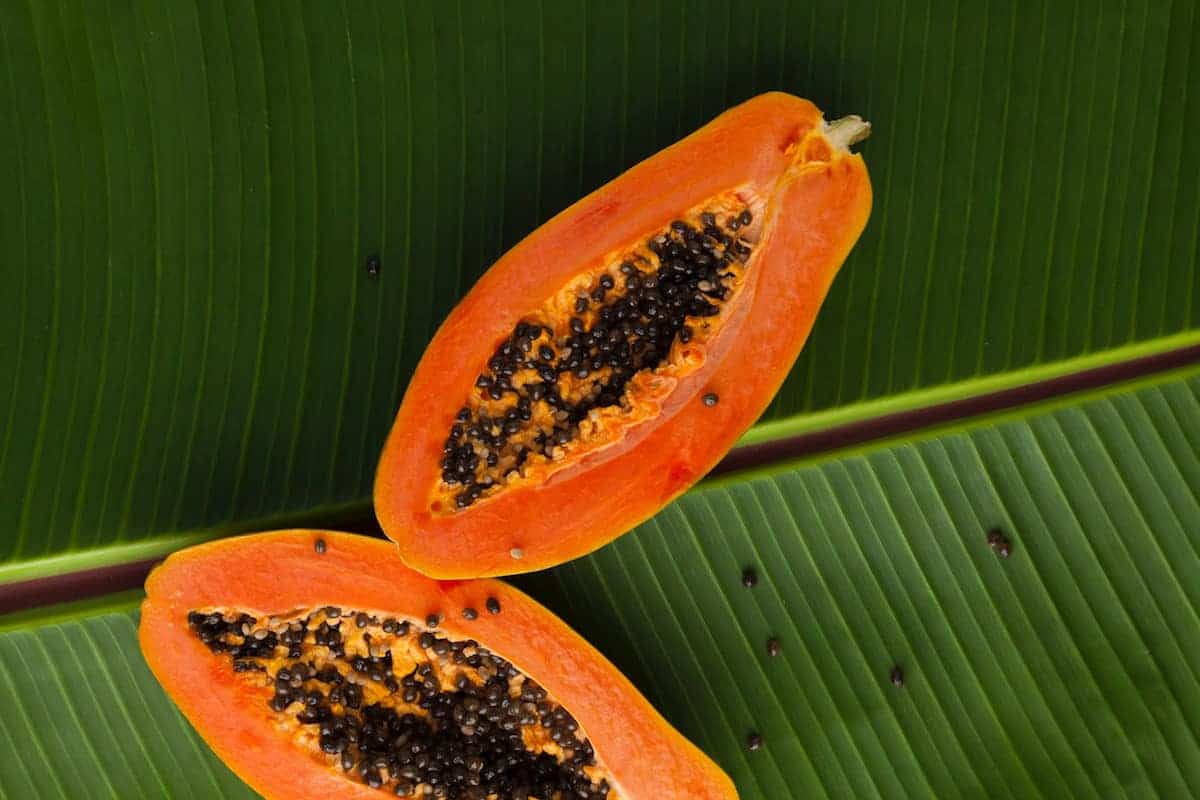
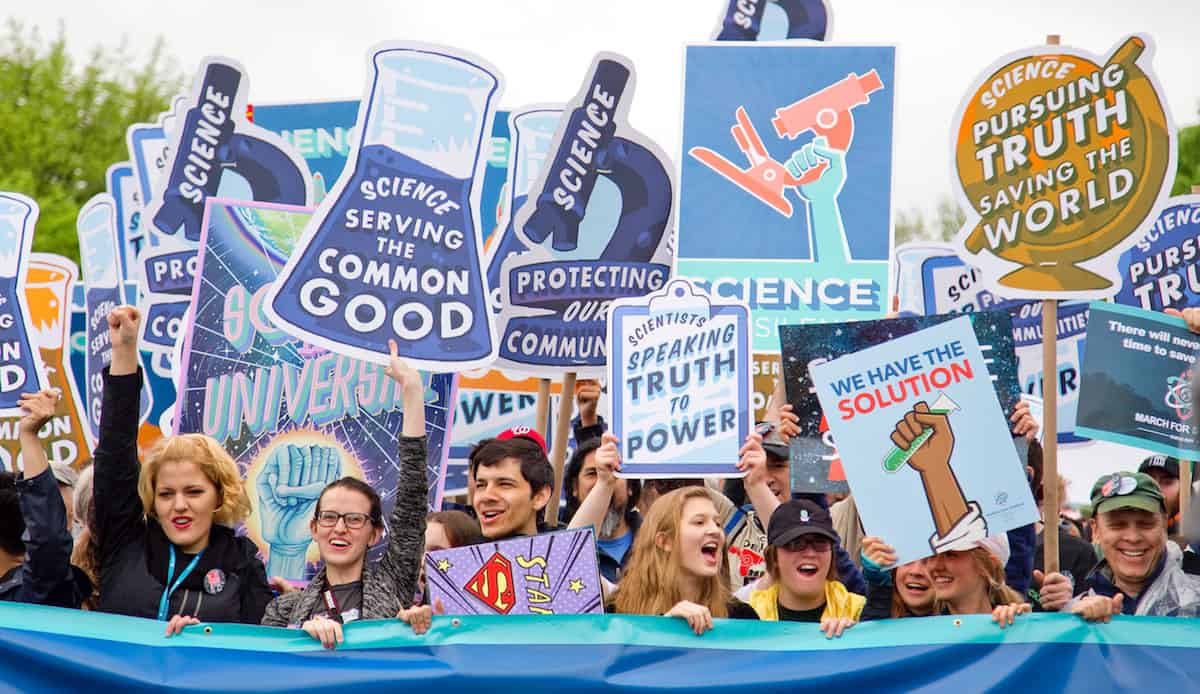
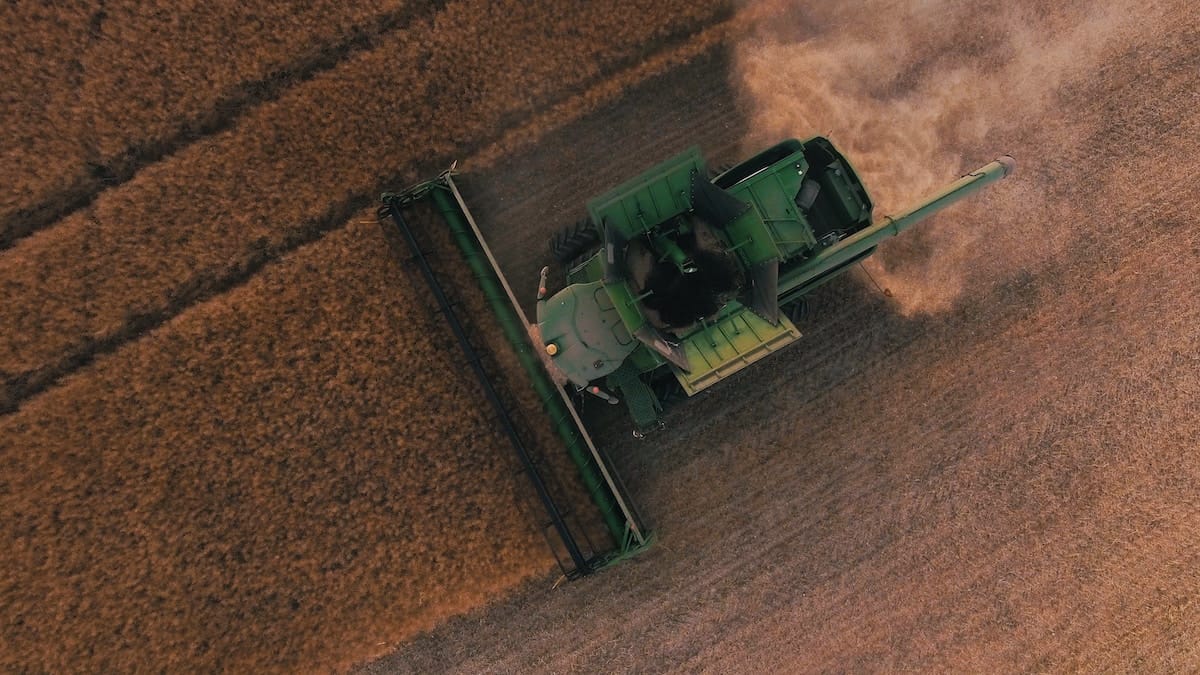
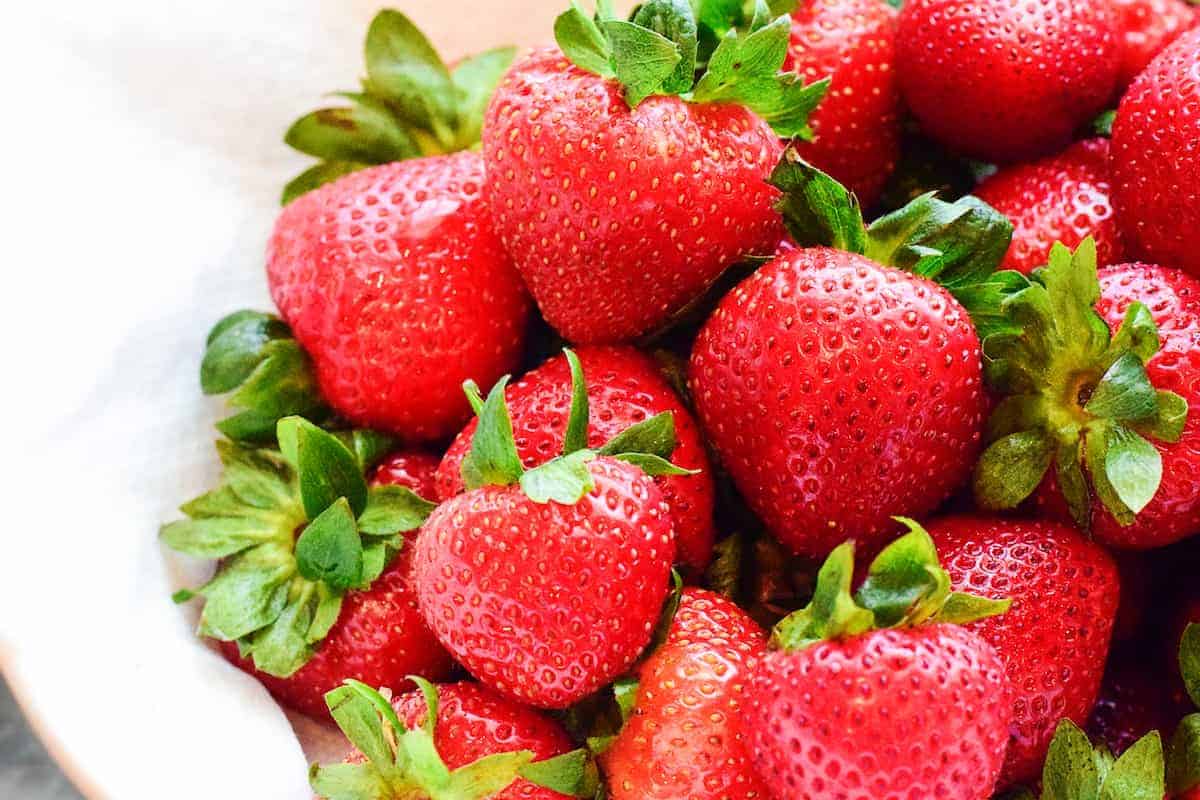
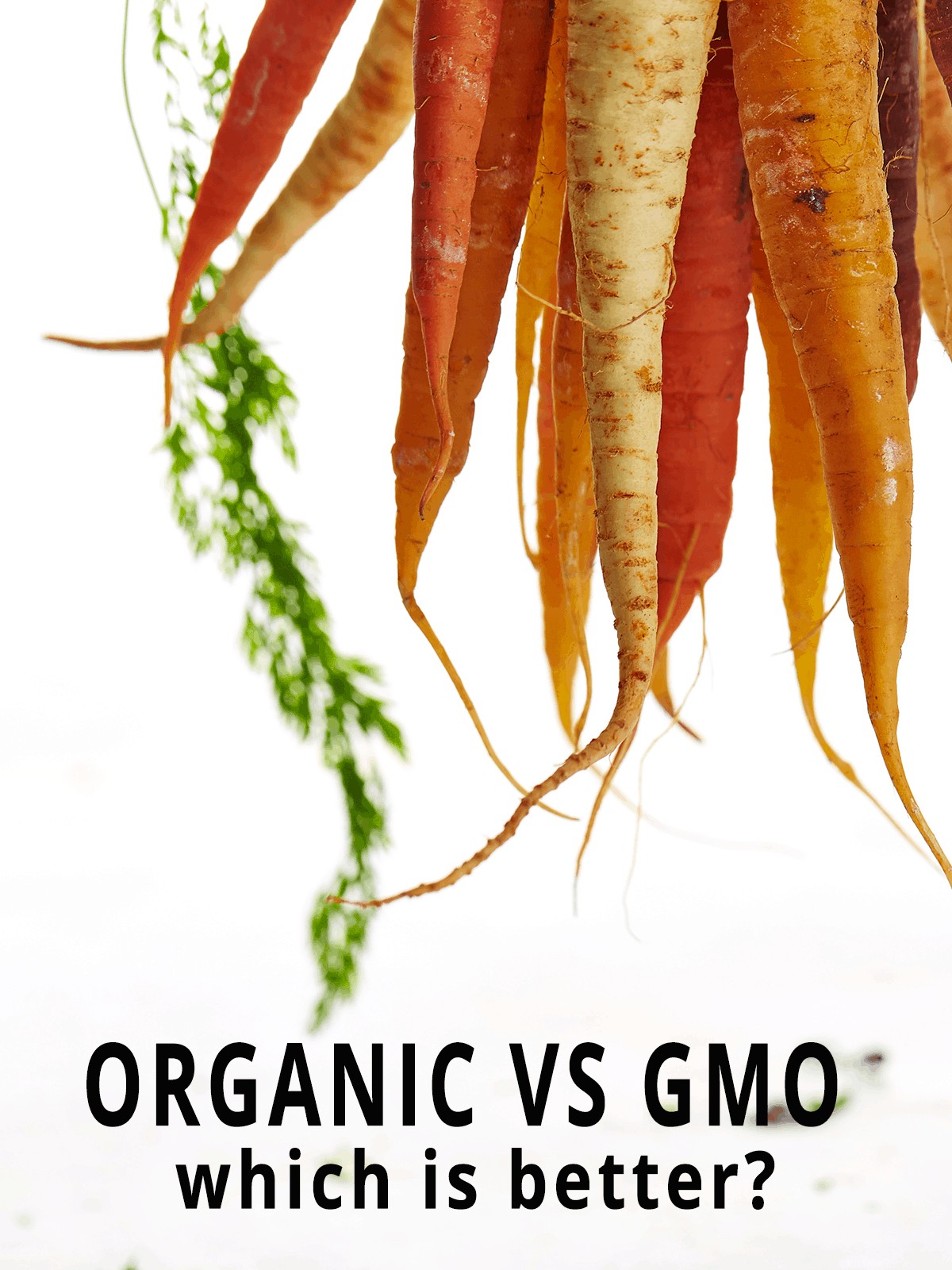

thank you Jessica for making this short, informative documentary. The further away people get from Agriculture, the less informed they are and the more likely to go into mass hysteria about things like GMOs. Do they not think that those who produce their foods, also eat them?
Yes! Good point, glad you enjoyed it!
Great review! I’m glad they made a documentary about this! I’ll have to check it out!
🙂
Pfew! Good review on a very hard topic!
Thank you!!!
Thank you for this